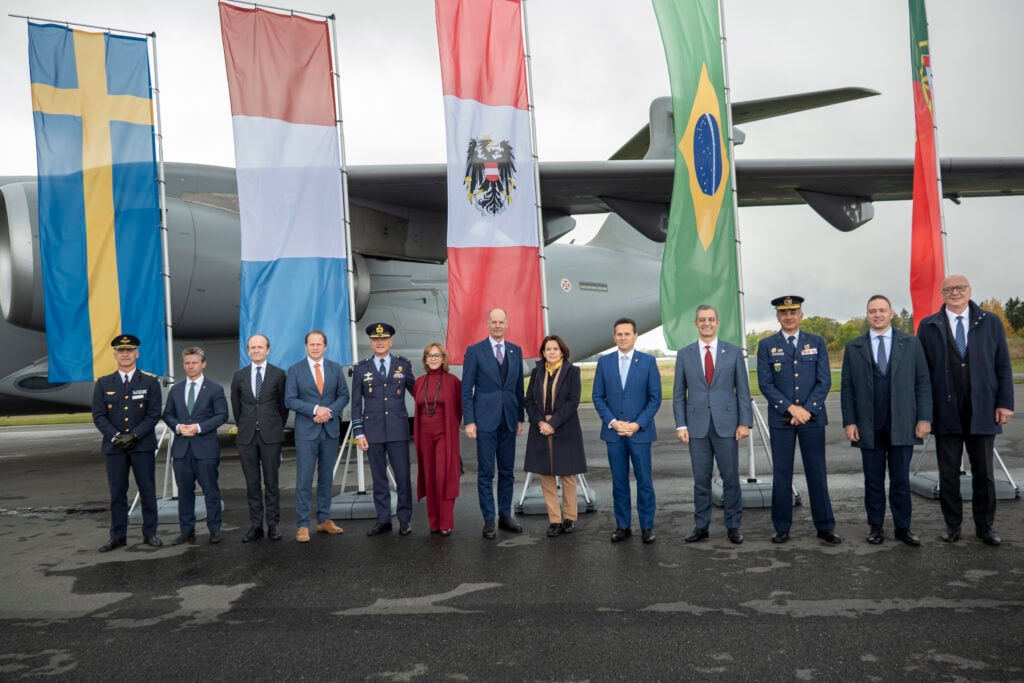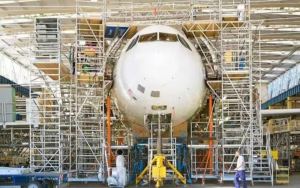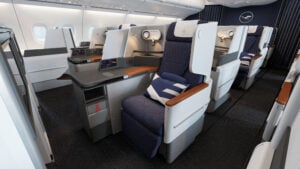Sweden has confirmed the purchase of four C-390 Millennium multi-mission aircraft from Embraer. The agreement also secures seven additional purchase options, opening the door for future acquisitions and signalling rising interest among European partners.
This contract is part of a wider trilateral framework linking Austria, Sweden, and the Netherlands. The arrangement promotes joint procurement, interoperability, and long-term collaboration centred on the C-390 platform. By signing seven purchase options, Sweden demonstrates a firm commitment to modernising tactical airlift across Europe and encourages others to align their defence strategies with a common system.
The signing ceremony took place at Uppsala Air Base. It was hosted by Major General Jonas Wikman, Commander of the Swedish Air Force, and attended by Defence Minister Pål Jonson. Representatives from other C-390 operators, including Brazil, Portugal, Hungary, the Czech Republic, Austria, and the Netherlands, were also present. Their participation underlined the shared commitment to build a robust European network around this aircraft.
With the order, Sweden joins the Netherlands and Austria, who together secured nine aircraft in 2024, in strengthening NATO’s collective airlift capability. This move marks Sweden’s first step into the broader C-390 family, linking the country to a network of operators that can coordinate more effectively in training, maintenance, and operational deployment.
Choosing the C-390 Millennium provides Sweden with a versatile, modern transport aircraft capable of performing a wide range of missions. Beyond operational flexibility, the decision ensures greater interoperability with NATO allies and allows Stockholm to benefit from economies of scale in lifecycle support and training.
The acquisition reflects both a national priority to update defence capabilities and a collective European aim to standardise tactical airlift platforms. In doing so, Sweden positions itself at the heart of a new era of cooperation, where shared platforms will reduce costs, improve readiness, and ensure a more agile European defence posture.































